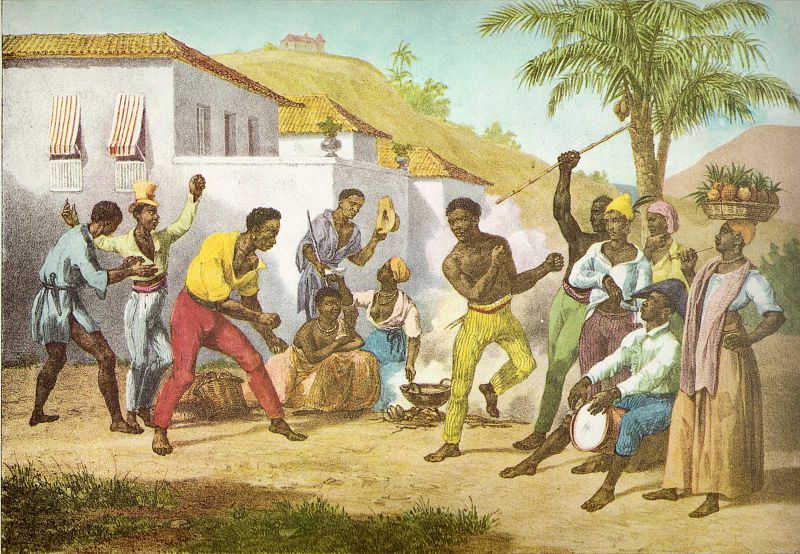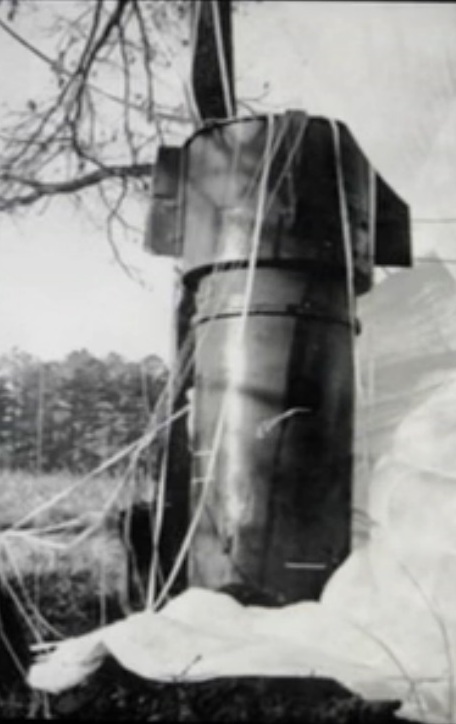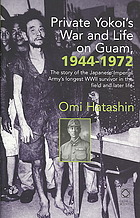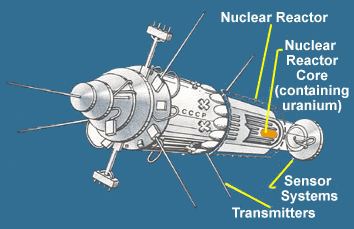
Today in Labor History January 24, 1835: Slaves in Salvador da Bahia, Brazil, started a revolt. The uprising helped lead to the end slavery there 50 years later. Muslim slaves and freedmen, inspired by Muslim teachers, launched the rebellion during Ramadan. They were also inspired by the Haitian Revolution (1791−1804). Many wore necklaces bearing the image of President Dessalines, who had declared Haitian independence.
1920s-1930s
Today in Labor History January 24, 1920: The Palmer raids (or first Red Scare), which began on January 2, continued throughout January. The authorities arrested 3,000 labor activists and suspected anarchists and communists in 30 cities and 20 states.
Today in Labor History January 24, 1937: The United Auto Workers (UAW) organized their first aircraft local.

Today in Labor History January 24, 1939: The deadliest earthquake in Chilean history hit Chillán, in south-central Chile. 28,000 people died. The quake had an estimated magnitude of 8.3.
1960s

Today in Labor History January 24, 1961: A B-52 bomber, with three 4-megaton Mark 39 nuclear bombs, broke up mid-air. Consequently, it dropped its nuclear payload over North Carolina. Five crewmen successfully bailed out of the aircraft and landed safely. Another ejected, but did not survive the landing. Two others died in the crash. Each of the bombs had more than 250 times the destructive power of the Hiroshima bomb. Each one was large enough to create a 100% kill zone within an 8.5 miles radius.
A supervisor of nuclear safety at Sandia National Laboratories said that “one simple, dynamo-technology, low voltage switch stood between the United States and a major catastrophe.” However, there is evidence that the switch of at least one bomb was set to ARM. No one knows why none of them exploded. The authorities were only able to recover the uranium core from two of the bombs. One of them is still lost somewhere in North Carolina.
Read about how often we came to a major nuclear accident in Eric Schlosser’s “Command and Control.”
1970s

Today in Labor History January 24, 1972: Japanese Sgt. Shoichi Yokoi was discovered hiding in a jungle in Guam. He had been hiding since the end of World War II.

January 24, 1977: Right-wing extremists assassinated five labor activists in Madrid during the Atocha massacre. It was part of the far-right reaction to Spain’s transition to democracy after the death of fascist dictator Francisco Franco. The reactionaries hoped to provoke a violent left-wing response that would legitimize a right-wing counter coup d’état. However, the massacre actually increased popular revulsion of the far-right and accelerating the legalization of the long-banned Communist Party.

Today in Labor History January 24, 1978: The Soviet satellite Kosmos 954 burned up in Earth’s atmosphere. As a result, it scattered radioactive debris over Canada’s Northwest Territories. Only 1% was ever recovered. Some of the debris landed in the Great Slave Lake next to Fort Resolution.
1980s
January 24, 1981: Millions of Polish workers walked off the job in support of Solidarity’s demand for a 5-day work week.